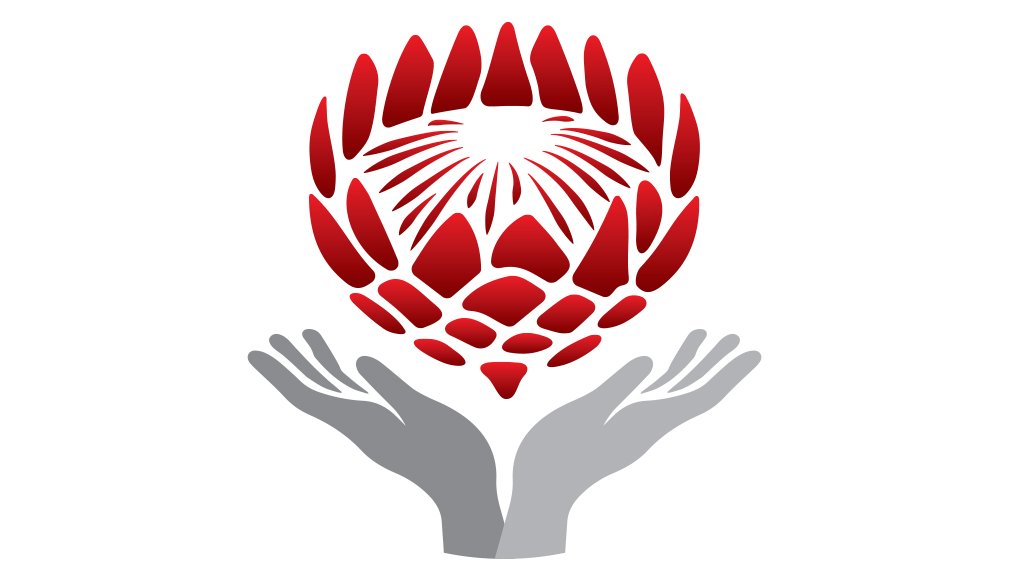- Developing a New Economic Blueprint for South Africa – Lessons from Japan4.07 MB
South Africa’s economy remains stubbornly sluggish. Even before the Covid-19 pandemic, the country was unable to produce the growth needed to address historic backlogs and propel the economy into a new growth phase.
Prior to the new novel coronavirus that turned the global economy upside down, South Africa’s gross domestic product (GDP) growth was forecast to be below 1% (National Treasury, 2020). The shutdown measures to contain the spread of the virus further throttled the economy, which is now on course for its biggest contraction in nearly 90 years. GDP is forecast to shrink by 7.20% in 2020 (Mboweni, 2020).
The global economy is also heading for its deepest recession since World War Two (WW2), with a decline of 5.20% forecast, compared with a pre-Covid-19 estimate of a 3.30% expansion in 2020 (World Bank, 2020).
Globally joblessness is rising. In South Africa, using a narrow definition that excludes many of the long-term unemployed who have ceased actively looking for employment, South Africa’s unemployment rate increased by one percentage point to 30.10% in the first quarter of this year (Stats SA, 2020). Unemployment is forecast to increase further to 35.30% by the end of the year (IMF, 2020).
Tax revenues are projected to fall sharply in South Africa’s 2020/21 financial year from about R1.43-trillion to R1.12-trillion, contributing to a sharply higher-than-expected consolidated budget deficit of about 15.70% of GDP (Mboweni, 2020).
The growth trajectory of public debt is rising sharply. Finance Minister Tito Mboweni says the country has a “Herculean task” to stabilise its national debt, which will be close to R4-trillion, or 81.80% of GDP, by the end of the 2020/21 financial year (Mboweni, 2020).
The coronavirus pandemic has exacerbated South Africa’s problems and highlights the need for reforms to generate strong and sustainable growth.
Inclusive Society Institute CEO, Daryl Swanepoel, says imaginative thinking is required to catapult the country out of its current downward trajectory. Simultaneously, the economy must be transformed to address inequality, to mainstream the informal sector and to become more demographically inclusive.
Report by Inclusive Society Institute
EMAIL THIS ARTICLE SAVE THIS ARTICLE ARTICLE ENQUIRY
To subscribe email subscriptions@creamermedia.co.za or click here
To advertise email advertising@creamermedia.co.za or click here











